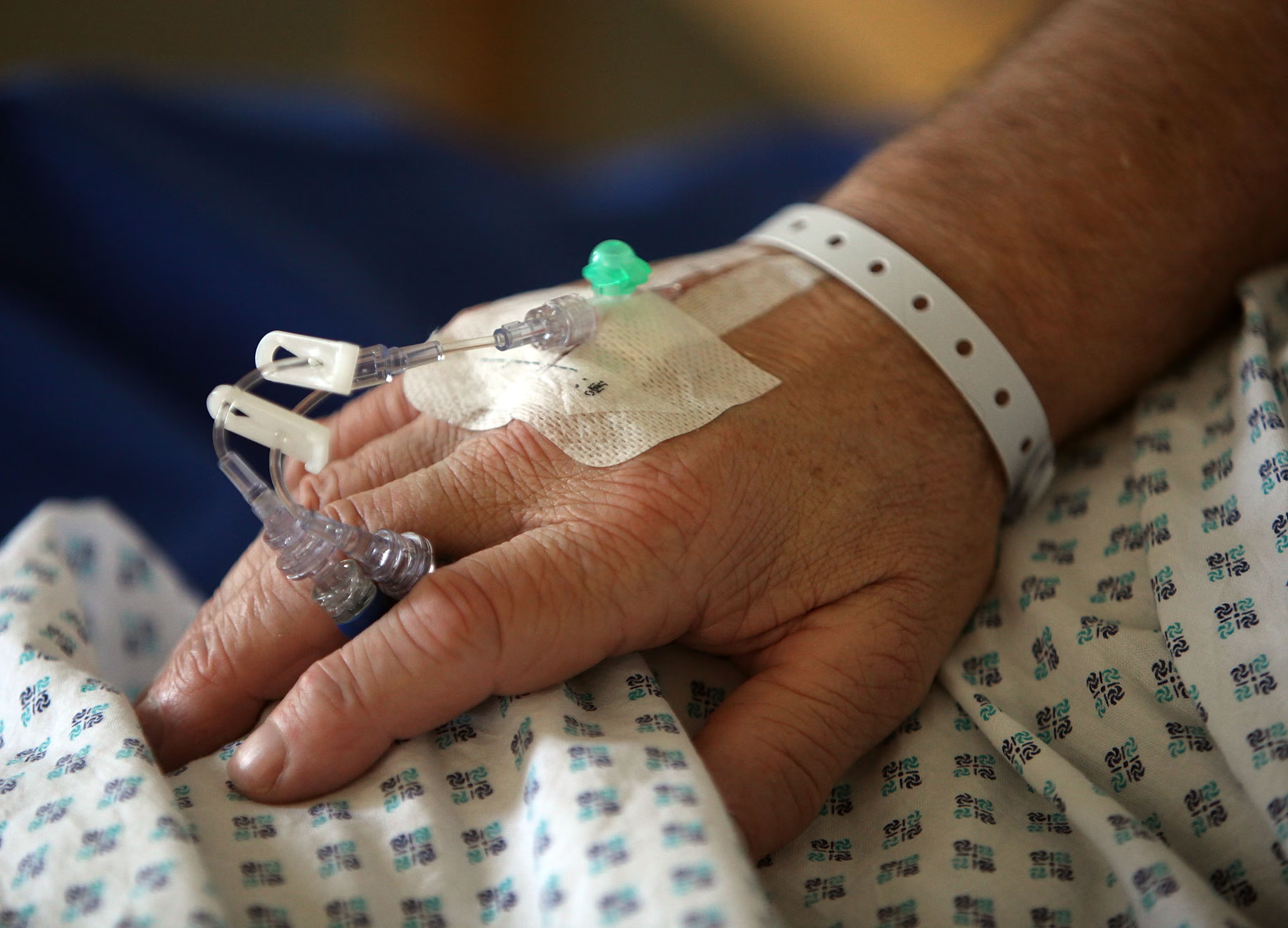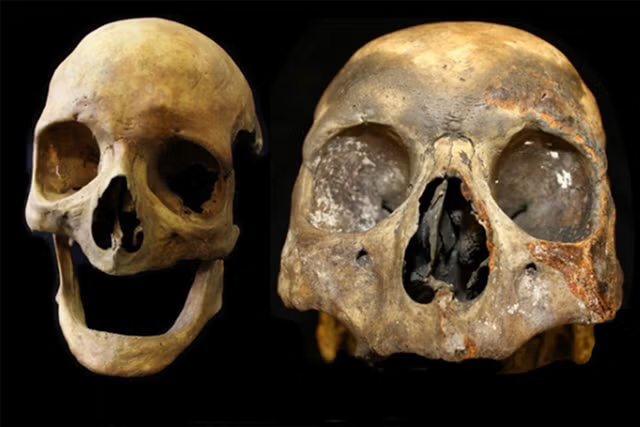Your support helps us to tell the story
Support NowThis election is still a dead heat, according to most polls. In a fight with such wafer-thin margins, we need reporters on the ground talking to the people Trump and Harris are courting. Your support allows us to keep sending journalists to the story.
The Independent is trusted by 27 million Americans from across the entire political spectrum every month. Unlike many other quality news outlets, we choose not to lock you out of our reporting and analysis with paywalls. But quality journalism must still be paid for.
Help us keep bring these critical stories to light. Your support makes all the difference.
Listening to music may help people recover following surgery, scientists say, by helping reduce heart rate and the perception of pain.
Researchers conducted a review of existing studies on music and its role in helping people recover from surgery.
They narrowed a list of 3,736 studies to 35 research papers which included data on patient outcomes like pain and anxiety, as well as measures of heart rate and opioid use.
From the analysis, scientists say the simple act of listening to music after surgery – whether with headphones or through a speaker – had “noticeable effects” on patients during their recovery period.
Patients who listened to music self-reported a significant reduction in pain and anxiety levels the day after surgery.
“Although we can’t specifically say they’re in less pain, the studies revealed that patients perceive they are in less pain,” Shehzaib Raees, one of the authors of the new research, said.
They also used less than half of the amount of morphine compared to those who did not listen to music, according to researchers.

Music was linked to a reduced heart rate of about 4.5 fewer beats per minute in patients compared with those who did not listen to music.
Keeping a patient’s heart rate within a healthy range can help improve recovery by allowing good circulation of oxygen and nutrients throughout the body, scientists say.
“Music can help ease the transition from the waking up stage to a return to normalcy and may help reduce stress around that transition,” said Eldo Frezza from California Northstate University College of Medicine.
Compared to meditation, listening to music is a more passive experience and may suit some patients better, researchers say.
The research results, presented at ACS Clinical Congress 2024, suggest that a reduction in cortisol levels when listening to music could play a role in easing patients’ pain.
However, the yet-to-be peer-reviewed analysis also had some drawbacks as researchers could not control for variables like how long the patients in the study listened to music.
Scientists hope a pilot programme to evaluate the use of music in a post-surgical setting can shed more light on the subject.
“We think music can help people in different ways after surgery because music can be comforting and make you feel like you’re in a familiar place,” Dr Frezza said.
Disclaimer: The copyright of this article belongs to the original author. Reposting this article is solely for the purpose of information dissemination and does not constitute any investment advice. If there is any infringement, please contact us immediately. We will make corrections or deletions as necessary. Thank you.



